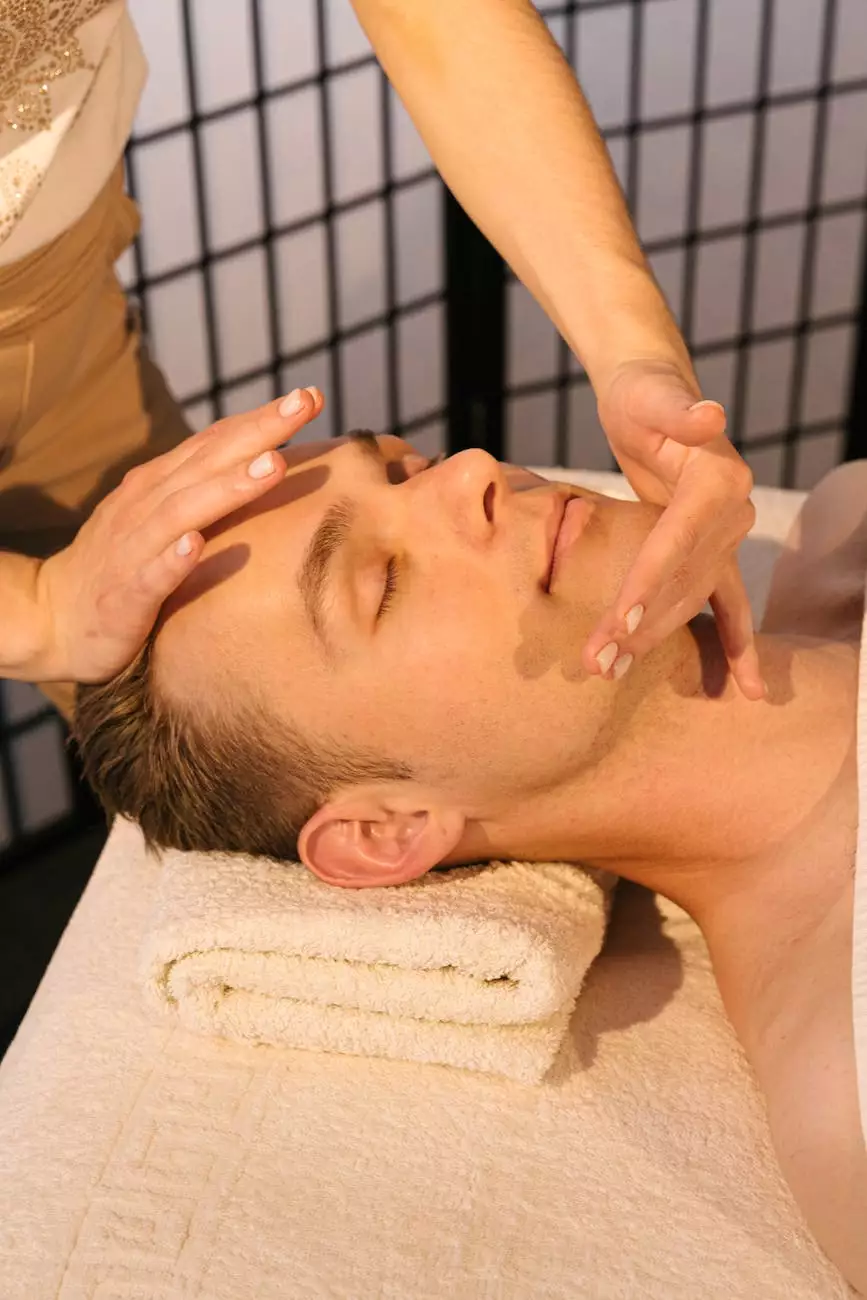Potential Causes of Hormonal Hair Loss in Women and Men

Welcome to CHI St. Luke’s Health - Performance Medicine, your trusted source for comprehensive information on potential causes of hormonal hair loss in women and men. Our team of experts is dedicated to providing valuable insights into the hormonal factors that can contribute to hair loss. With our in-depth knowledge and advanced treatments, we aim to help you better understand the underlying causes and find effective solutions.
Understanding the Role of Hormones in Hair Loss
Hormonal imbalances can significantly impact hair health and lead to hair loss. Both women and men can experience hair loss due to hormonal factors, although the underlying causes may differ between the genders.
1. Hormonal Hair Loss in Women
For women, hormonal hair loss is often associated with changes in hormone levels during various life stages. Conditions such as pregnancy, menopause, and polycystic ovary syndrome (PCOS) can affect hormone production and lead to hair thinning or shedding.
During pregnancy, elevated levels of estrogen prolong the growth phase of the hair cycle, resulting in thicker and fuller hair. However, after childbirth, hormone levels fluctuate, and many women experience postpartum hair loss, also known as telogen effluvium. This temporary condition can cause excessive hair shedding, usually lasting for several months. Hormonal contraceptives or changes in birth control methods can also impact hair health and may lead to hair loss in some women.
Menopause is another significant hormonal milestone for women. As estrogen and progesterone levels decline, the effects of androgens (male hormones) become more prominent, leading to hair thinning or hair loss in certain areas. This type of hair loss is commonly referred to as female pattern baldness or androgenetic alopecia.
PCOS, a hormonal disorder characterized by elevated androgen levels, can also contribute to hair loss in women. Androgens can cause the hair to become thinner and finer, leading to increased shedding.
2. Hormonal Hair Loss in Men
In men, the primary hormonal factor contributing to hair loss is dihydrotestosterone (DHT), a byproduct of testosterone. DHT binds to hair follicles, causing them to shrink over time. This process, known as miniaturization, leads to shorter and finer hair growth cycles until the follicles eventually cease producing visible hair.
Male pattern baldness, also called androgenetic alopecia, follows a distinct pattern of hair loss, typically starting with a receding hairline and thinning at the crown. DHT sensitivity is genetically determined and can be inherited from either parent.
Exploring Underlying Causes of Hormonal Hair Loss
1. Genetics
Genetics plays a significant role in determining an individual's susceptibility to hormonal hair loss. Inherited genes can influence hormone sensitivity, hair follicle size, and hair growth cycle duration. Understanding this genetic predisposition can help identify appropriate treatment options.
2. Thyroid Conditions
Thyroid imbalances can disrupt hormone production and contribute to hair loss. Both hypothyroidism (underactive thyroid) and hyperthyroidism (overactive thyroid) can cause hair thinning or shedding. Balancing thyroid hormone levels is crucial for maintaining healthy hair growth.
3. Stress and Hormones
Stress can affect hormone levels and disrupt the hair growth cycle. Increased levels of stress hormones, such as cortisol, can push hair follicles into the resting phase (telogen), causing hair shedding. Managing stress through relaxation techniques, exercise, and a healthy lifestyle can help mitigate its impact on hair health.
4. Nutritional Deficiencies
A well-balanced diet rich in essential vitamins, minerals, and proteins is vital for maintaining healthy hair. Nutritional deficiencies, particularly of iron, vitamin D, vitamin B12, and zinc, can contribute to hair loss. Incorporating a nutrient-dense diet or dietary supplements as recommended by healthcare professionals can support optimal hair health.
Diagnosis and Treatment Options for Hormonal Hair Loss
Diagnosing hormonal hair loss involves a comprehensive evaluation of medical history, hormone levels, and scalp examination. At CHI St. Luke’s Health - Performance Medicine, our experienced medical team utilizes advanced diagnostic methods to determine the underlying causes accurately.
Based on the diagnosis, personalized treatment plans are tailored to address the specific hormonal imbalances contributing to hair loss. Treatment options may include:
1. Hormone Replacement Therapy (HRT)
HRT, specialized medications, or supplements can help restore hormonal balance in women experiencing hair loss due to menopause or other hormonal fluctuations. These treatments aim to alleviate symptoms and promote healthy hair growth.
2. Topical Minoxidil
This FDA-approved over-the-counter topical medication promotes hair growth, primarily for individuals with androgenetic alopecia. Minoxidil stimulates hair follicles, prolonging the growth phase and potentially reversing the miniaturization process.
3. Prescription Medications
Certain prescription medications, such as finasteride, may be recommended for men with male pattern baldness. Finasteride helps to inhibit the conversion of testosterone to DHT, preventing further hair loss and potentially promoting regrowth.
4. Low-Level Laser Therapy (LLLT)
LLLT devices emit red light wavelengths that stimulate hair follicles, increasing energy production and promoting hair growth. This non-invasive and painless treatment modality can be a viable option for both men and women seeking hair restoration.
It's essential to consult with our experienced healthcare professionals to determine the most suitable treatment plan based on your unique needs and medical history.
Conclusion
Hormonal hair loss can significantly impact one's self-esteem and quality of life. Understanding the potential causes and available treatment options is crucial for effectively addressing this condition. At CHI St. Luke’s Health - Performance Medicine, we strive to provide comprehensive information and expert guidance to help you navigate the complexities of hormonal hair loss and empower you to make informed decisions regarding your hair health.
Remember, seeking timely medical advice and exploring appropriate treatment options can significantly improve the outlook for hormonal hair loss. Take the first step towards reclaiming your confidence and finding long-lasting solutions by reaching out to our dedicated team today.










